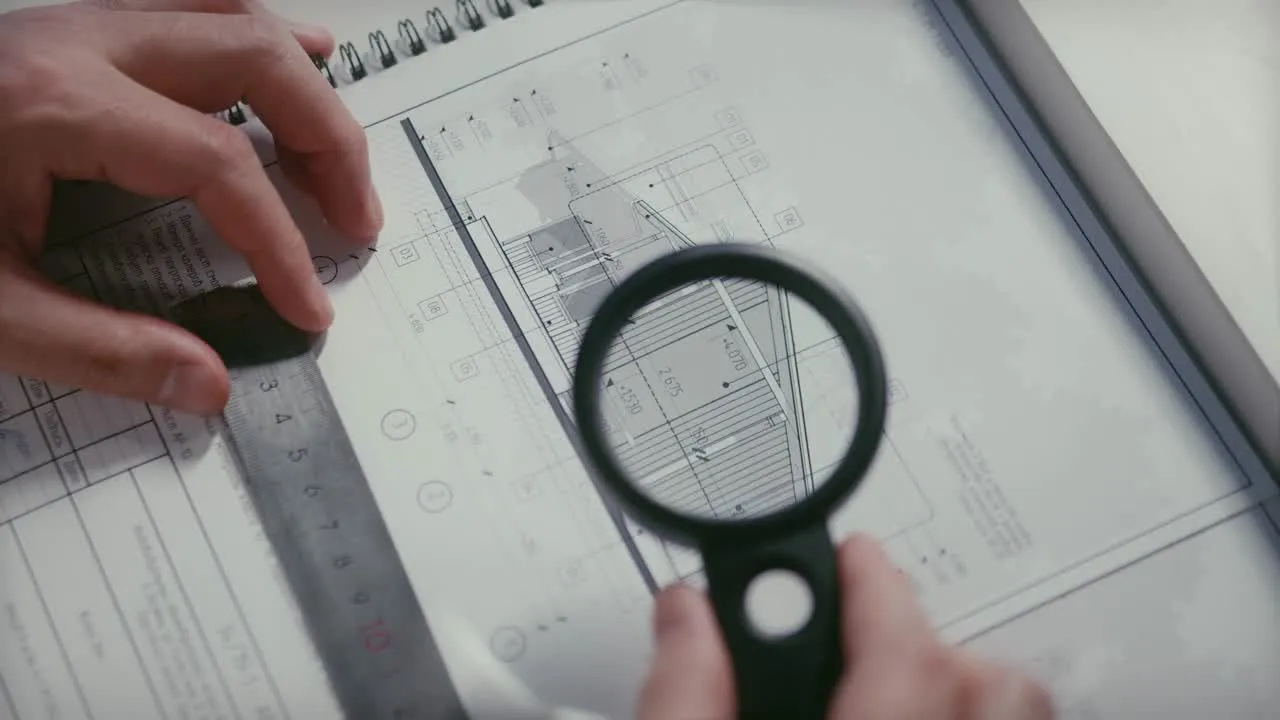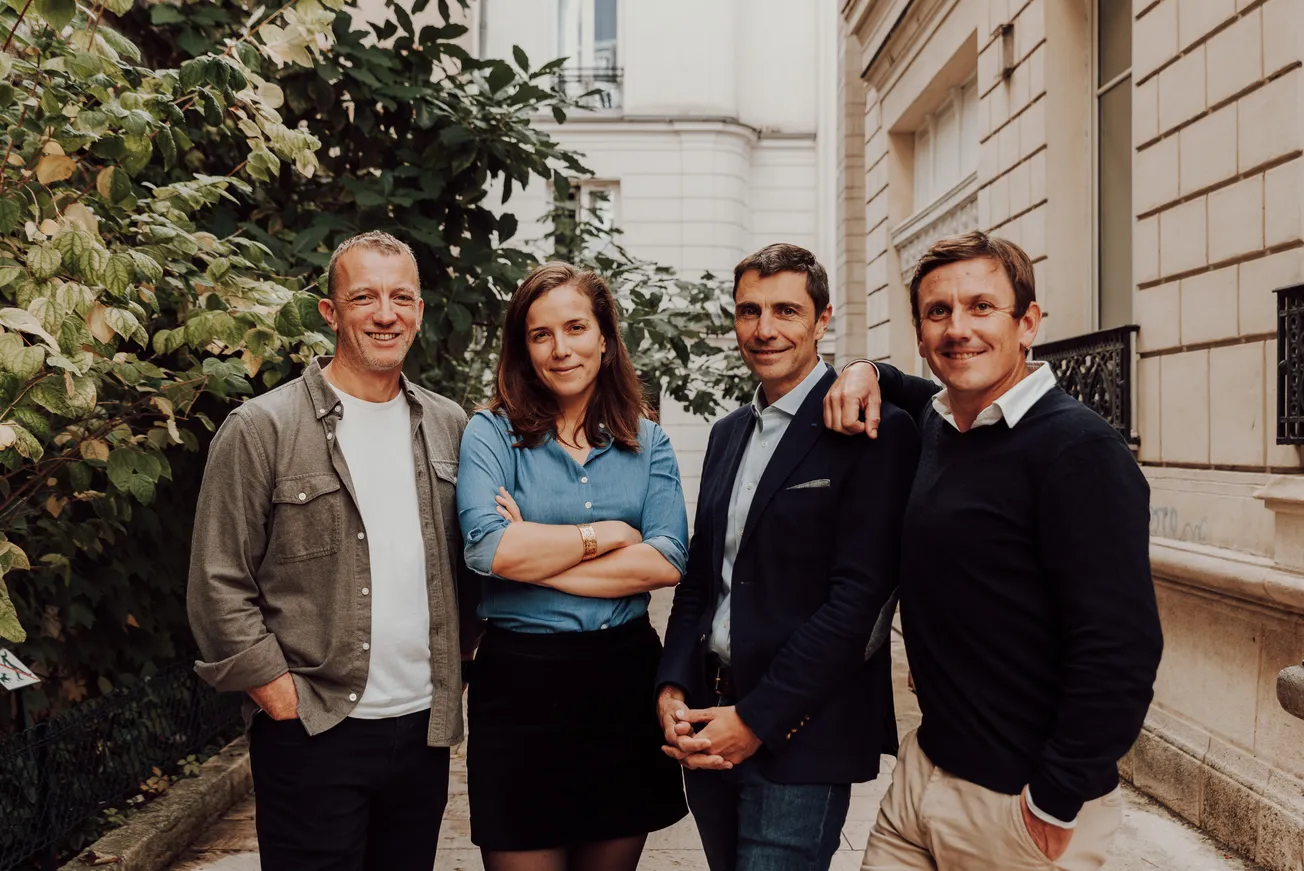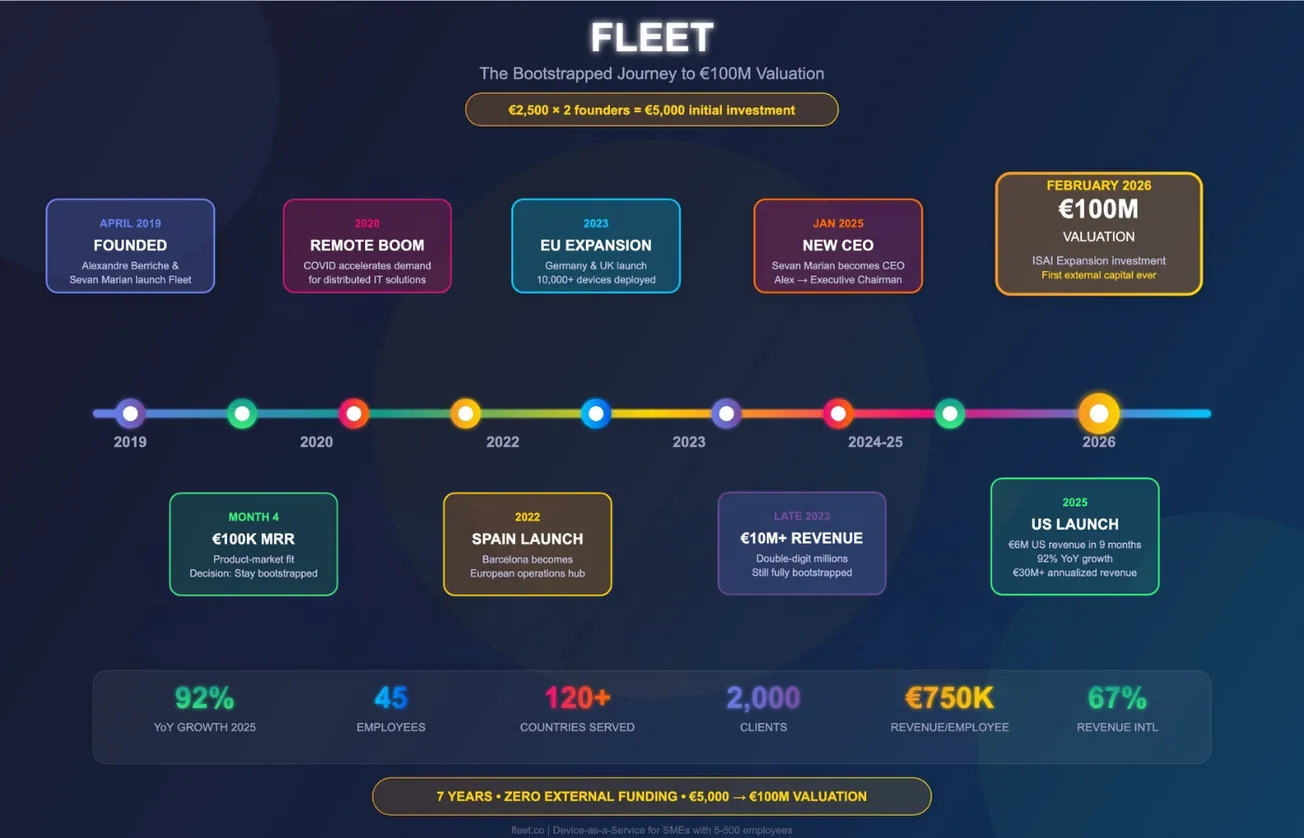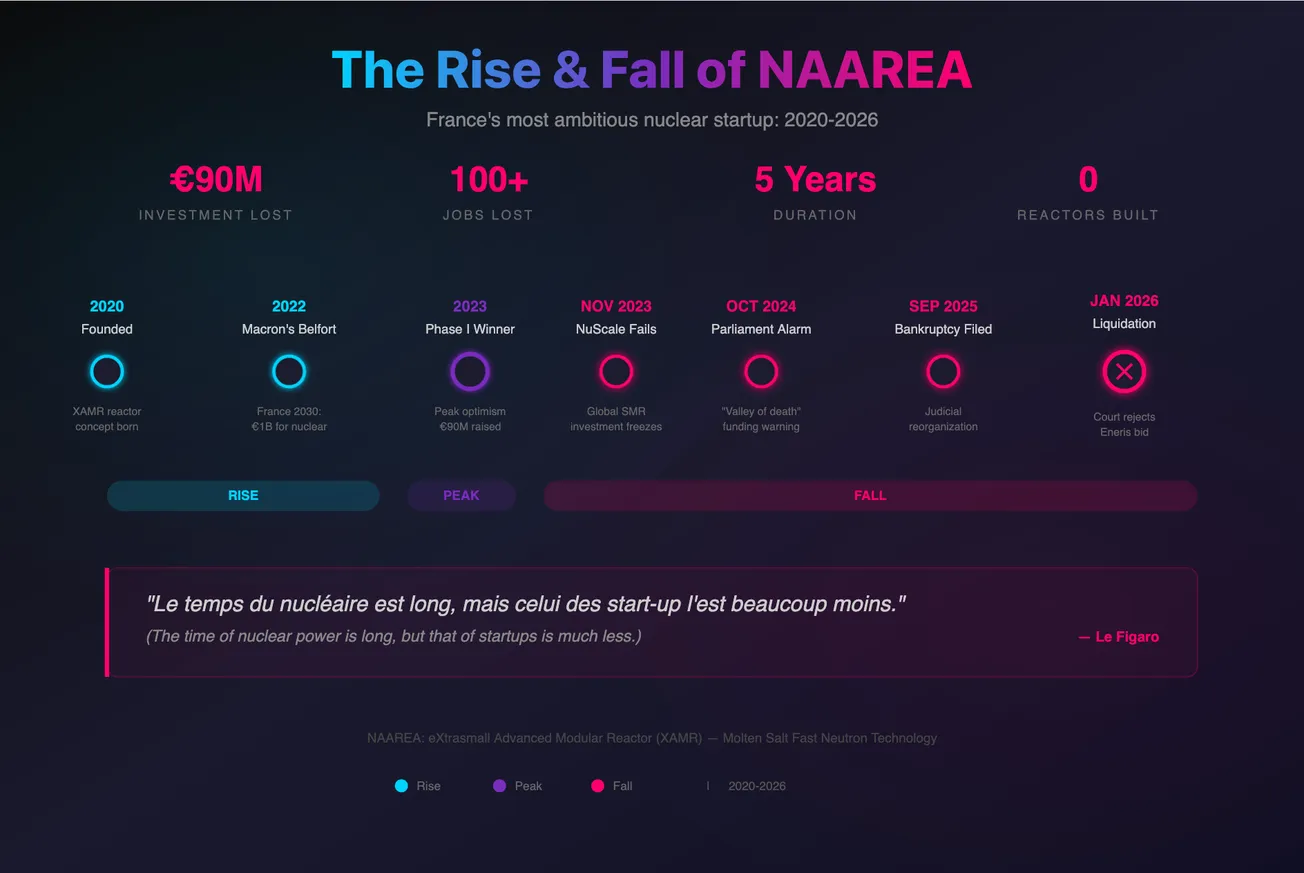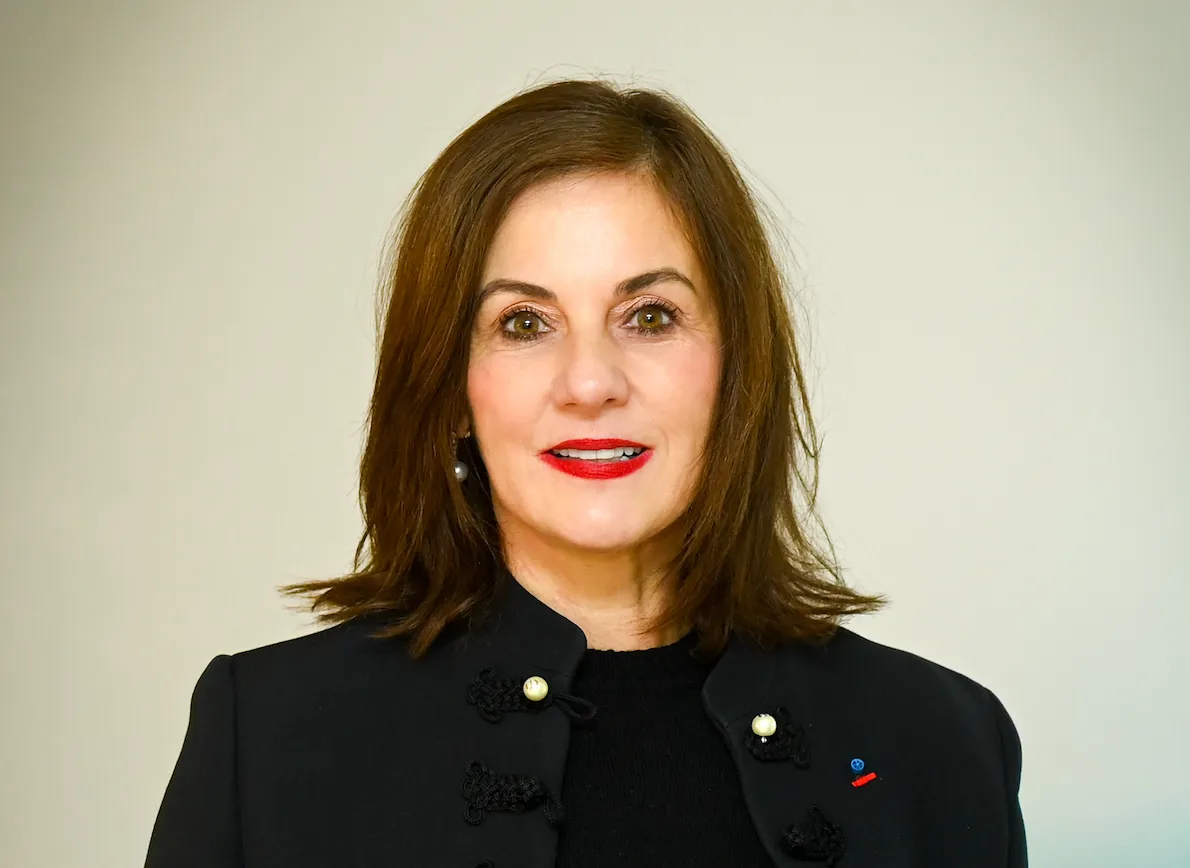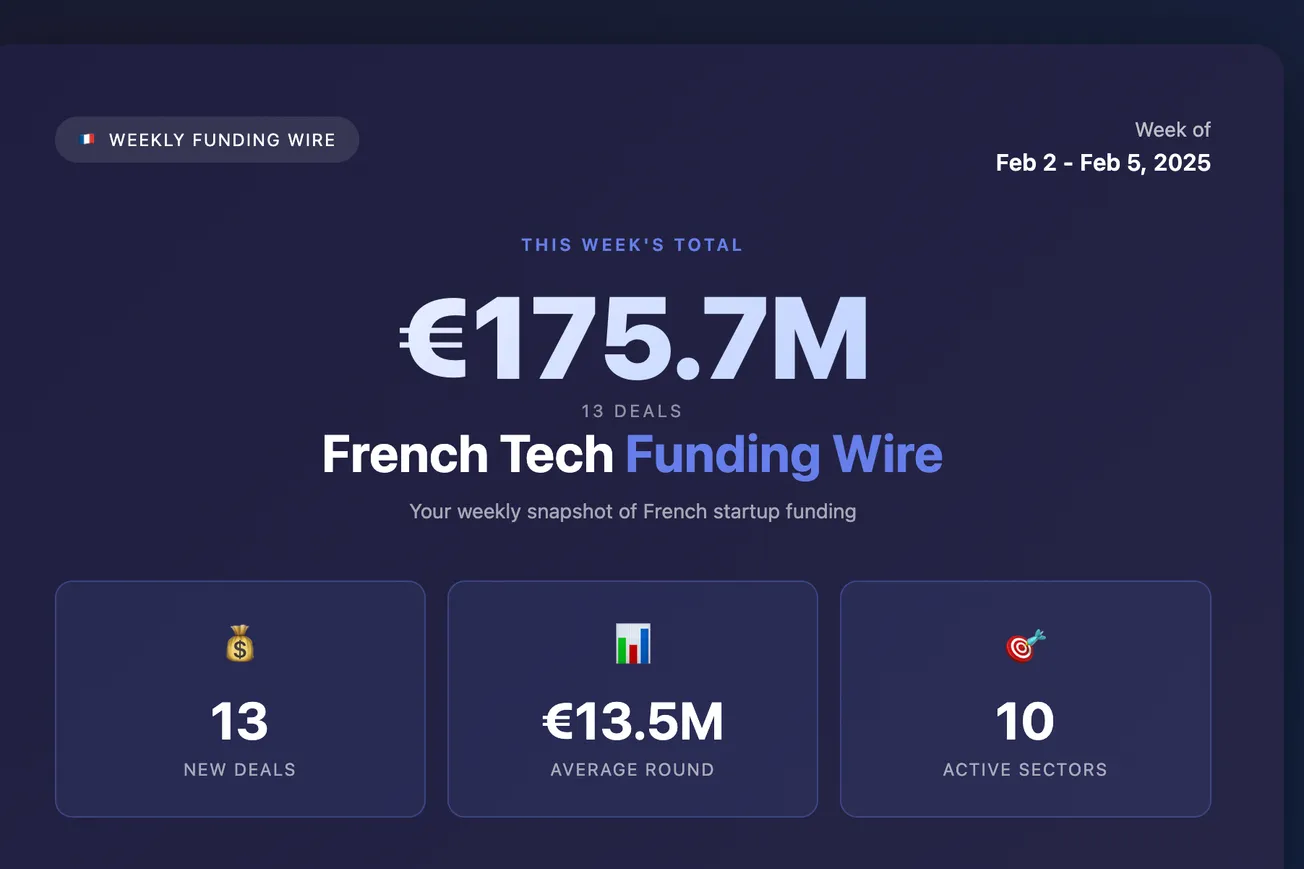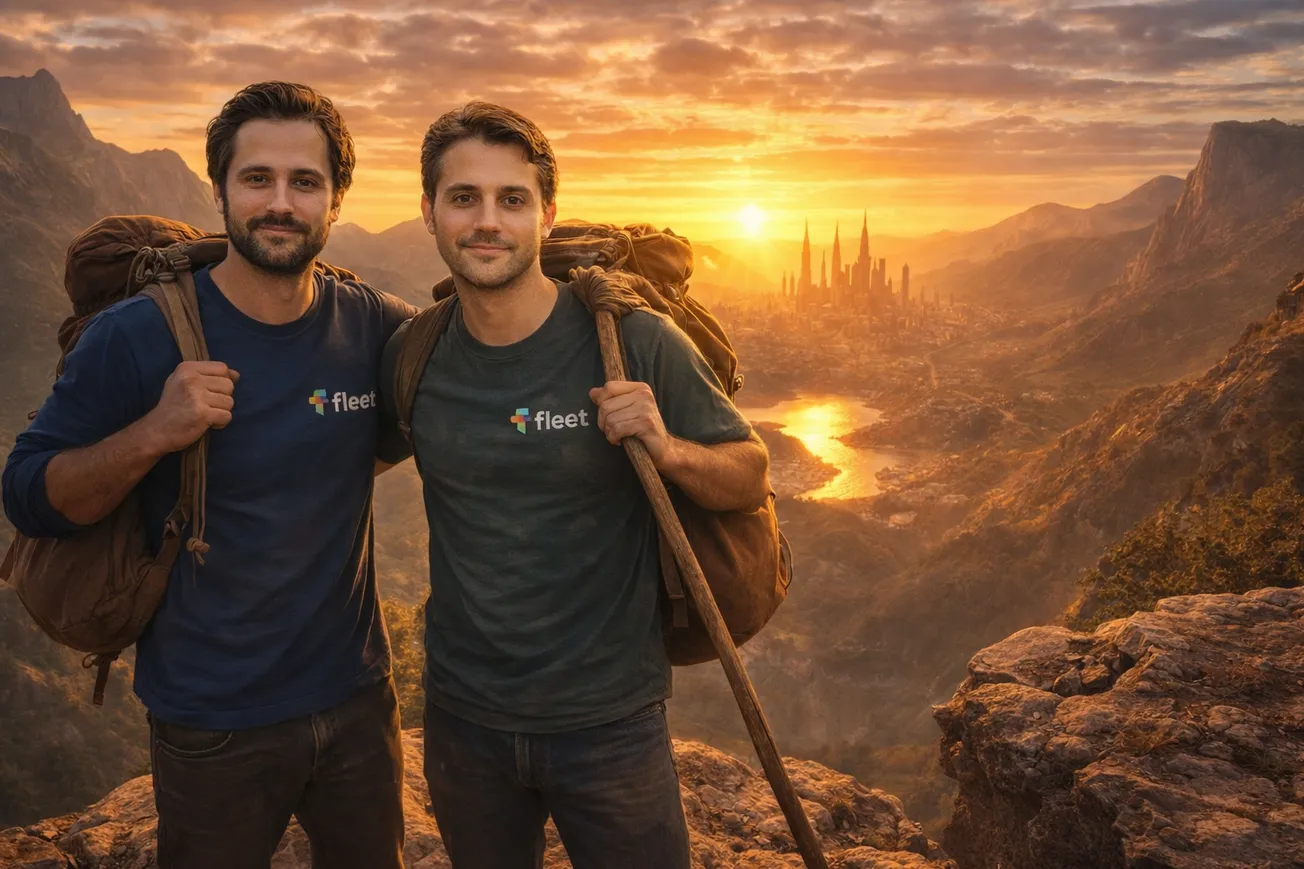Making AI Plans: How Freeda Wants To Reinvent Building Buildings
In an industry where even a two centimeter error can derail a multimillion-euro project, Freeda has raised €3.4M to bring the precision of AI to construction plans to stop costly mistakes from happening before a single brick is laid.
